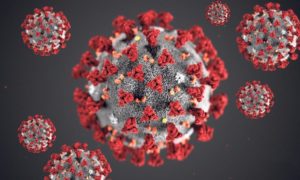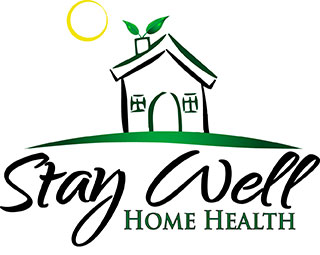COVID-19 Updates: 4/1 – 4/15

Covid-19 and Seniors
In recent weeks the coronavirus (COVID-19) has impacted many of us around the world. COVID-19 is a new disease and there is limited info regarding risk factors for severe disease. Based on available information, older adults and people of any age who have serious underlying medical conditions may be at higher risk for more serious complications from COVID-19. This includes people over 65 years old, people living in a nursing home or long term facility, people with chronic lung disease or asthma, heart conditions, immunocompromised, and pregnant women.
There are a few things we can do to help protect high-risk people. First, know the Signs and Symptoms: stay at home when you are sick, call your health provider in advance of a visit, limit movement in the community, and limit visitors. Second, practice good hygiene and proper handwashing. Third, create a household plan and be prepared with healthy foods and enough medicine for at least 2 weeks at a time. Lastly, it’s important to stay informed about emergency plans within your community. Shelter in place warnings should be taken seriously and followed to help protect everyone.
If someone you know is in one of these high-risk groups make sure to check in on them frequently by phone to make sure they have the help they need. If you have concerns for a loved one or think someone may be infected you can call you the Ohio COVID-19 hotline. Remember, be safe and be smart.
OHIO COVID-19 HOTLINE: 1-833-4-ASK-ODH

How Are We Handling Patient Contact
As a home health agency, we are part of the front line. We wanted to provide an update as to how we are handling this crisis in order to protect our staff, clients and the community.
We are screening every patient prior to every visit. This screening includes a symptoms check, travel questions, and possible exposure questions. If we decide it is safe to come to your home we are taking the following precautions: 1. physical distancing—requiring the patient to be the only person in the room with our clinicians. 2. Covering Face—asking patients to cover their mouths with a mask, bandana, or towel during a visit. 3. Daily temperature checks of the patient, our staff, and family members. All administration staff is working from home to avoid unnecessary exposure.
Regardless of job site, the only way we can protect ourselves as healthcare providers is by reducing the risk and the odds of interacting with COVID-19 positive patients. Although we may not be able to know for sure if the patient we are visiting has contracted the virus or not, the least we can do is screen patients, follow all proper hand and equipment hygiene, and use PPE, and continue educating our patients, their families, and our staff.
Lastly, we would like to thank all healthcare and other frontline workers for everything you do!!!
Please visit the CDC.gov to learn more about how you can protect yourself and your family.
